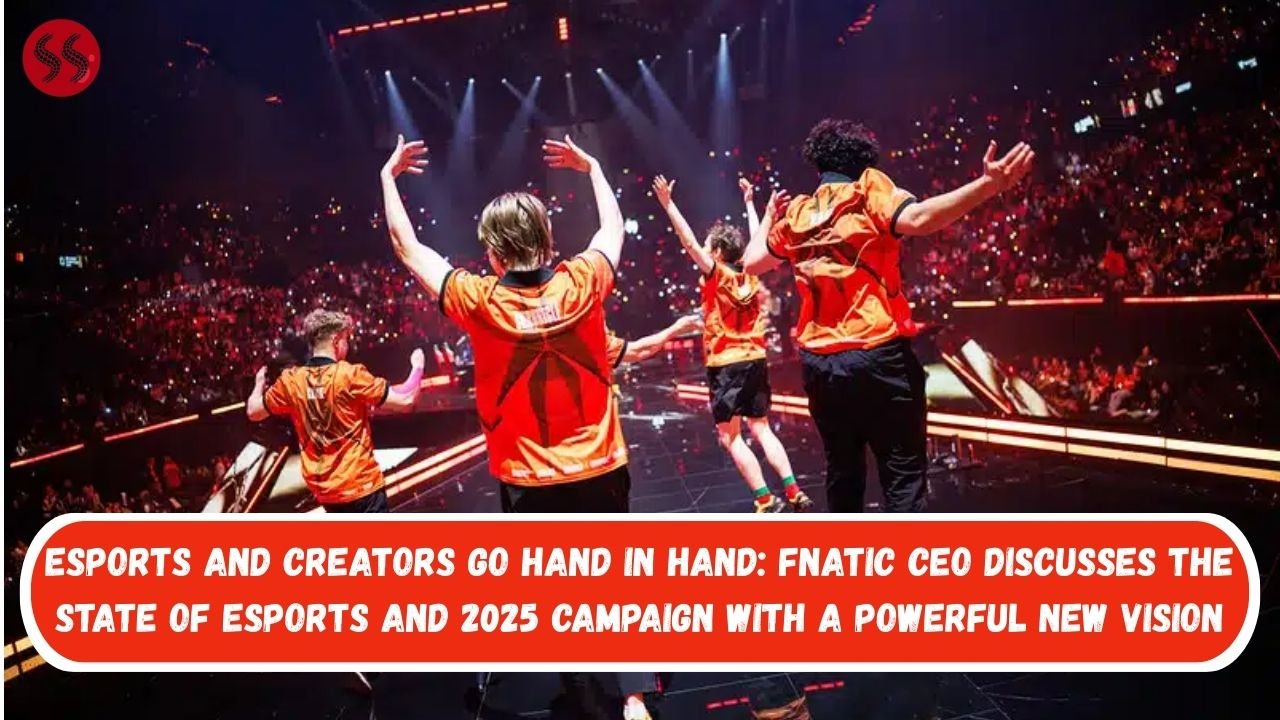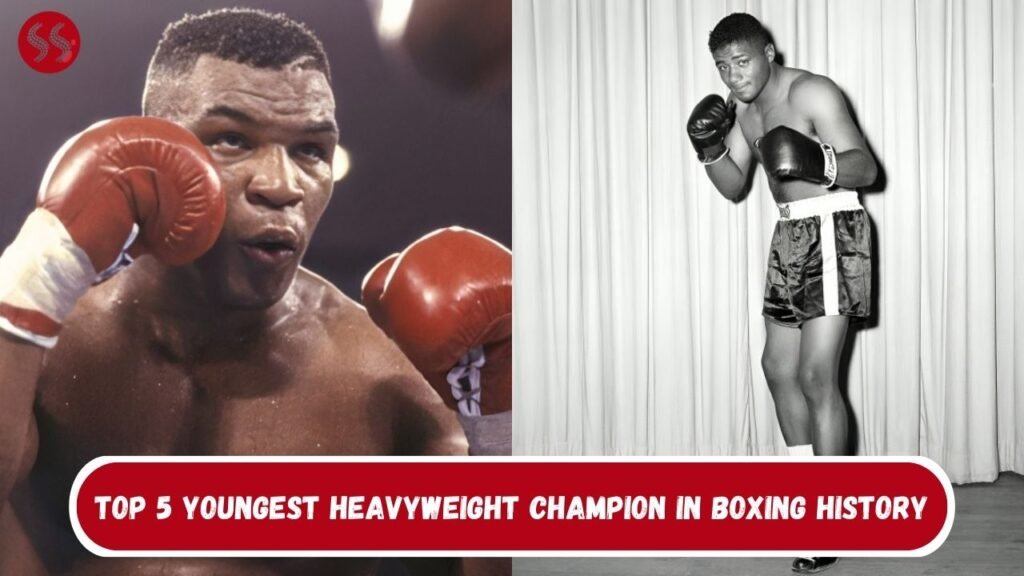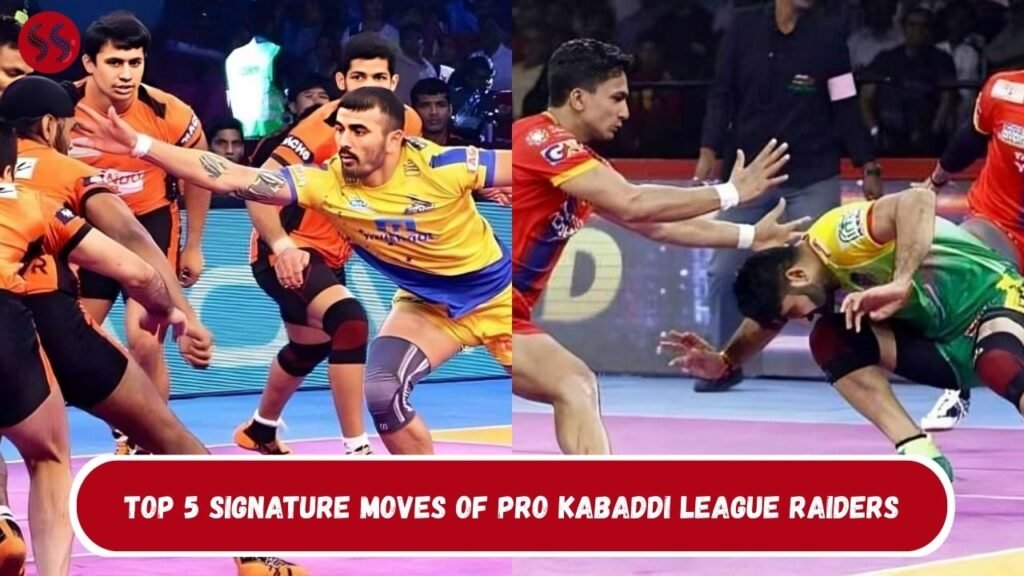Esports and creators go hand in hand as Fnatic’s 2025 campaign reinforces the organisation’s reputation as one of the most resilient and forward-thinking brands in global esports. With competitive breakthroughs, decisive roster moves, and a renewed push toward creator-driven initiatives, the UK-based titan has embraced a year defined by transformation and strategic evolution. CEO Sam Mathews, speaking at the Fnatic Crew launch event in London, emphasised that this synergy between competition and content is now central to Fnatic’s long-term vision, shaping how the organisation plans, grows, and connects with its worldwide community.
Since its founding in 2004, Fnatic has become a global esports powerhouse. In 2025 alone, the organisation expanded operations, competed across top-tier tournaments, and cemented crucial partnerships. This momentum set the stage for renewed discussions about esports’ shifting landscape—one where Esports and creators go hand in hand more than ever.
ALSO READ:
- PUBG Mobile Wins at the Esports Awards 2025 — A Milestone Moment for Mobile Esports
- Korean Lawmaker Calls for Action After Shocking Cyberbullying Targeting T1 Star Gumayusi
VALORANT and FPS Growth Fuel 2025 Momentum

Fnatic enjoyed a standout year in VALORANT, finishing runners-up in Masters Toronto, the Esports World Cup, and VALORANT Champions Paris. While the ultimate trophy remained elusive, consistency defined the season. Mathews expressed confidence in the team’s “raw talent,” emphasising that psychological and performance improvements could elevate Fnatic to title-winning form.
The roster saw a major change with the departure of Timofey “Chronicle” Khromov and the signing of rookie Sylvain “Vepaj” Pattyn. Mathews noted that decisions like these reflect careful opportunity-cost evaluation—an approach shaped by the modern industry, where Esports and creators go hand in hand, balancing competitive ambitions with audience-driven engagement strategies.
Fnatic’s Counter-Strike 2 lineup also bounced back late in the year, securing a spot at the StarLadder Budapest Major 2025, giving the organisation another shot at a global stage.
League of Legends Challenges Reveal Regional Disparity
Unlike VALORANT, Fnatic’s League of Legends division faced a tougher climb in 2025. Despite qualifying for Worlds after a third-place Summer Split finish, the team exited early, placing 15th out of 17 teams. Mathews attributed the struggle to the widening talent gap between Western teams and dominant Eastern regions like Korea and China.
He stressed that to compete globally, Western teams must rethink talent development and regional identity. This includes exploring cross-regional imports and boosting local rising stars—a direction influenced by the belief that Esports and creators go hand in hand, where talent development and audience growth must work in tandem.
Fnatic Crew Marks a New Era for Creator Integration
One of the standout developments of 2025 is the launch of Fnatic Crew in partnership with Red Bull. Designed to support emerging UK creators, the programme provides production spaces, collaboration opportunities, exclusive drops, and brand-building tools.
Mathews explained that Esports and creators go hand in hand, as esports thrives on entertainment, storytelling, and community bonding. Creators, he said, bring humor, authenticity, and constant content flow—elements that modern fans expect across platforms like TikTok, Twitch, and YouTube.
Fnatic’s partnerships throughout 2025—including deals with Skinrave, McDonald’s, and multiple digital platforms—reflect the same philosophy: that long-term success in the industry requires blending competition with entertainment, because Esports and creators go hand in hand in shaping fan ecosystems.
Looking Ahead to 2026: Expansion and New Titles
Fnatic is already preparing for a major 2026. The organisation plans deeper involvement in emerging competitive scenes such as The Finals and Marvel Rivals, while carefully selecting titles for next year’s Esports World Cup cycle. These choices further reinforce the shift towards a model where Esports and creators go hand in hand, helping expand both competitive reach and entertainment influence.
With stronger creator integration, roster refinement, and strategic partnerships, Fnatic is entering 2026 with renewed ambition—grounded in the idea that Esports and creators go hand in hand, shaping the future of global esports.
SEE MORE:


